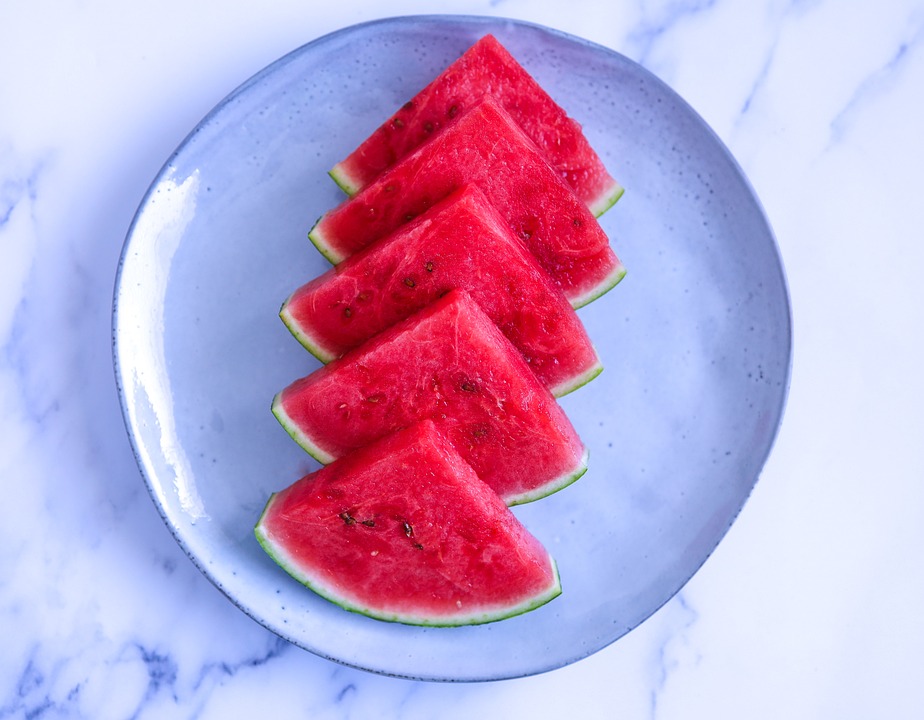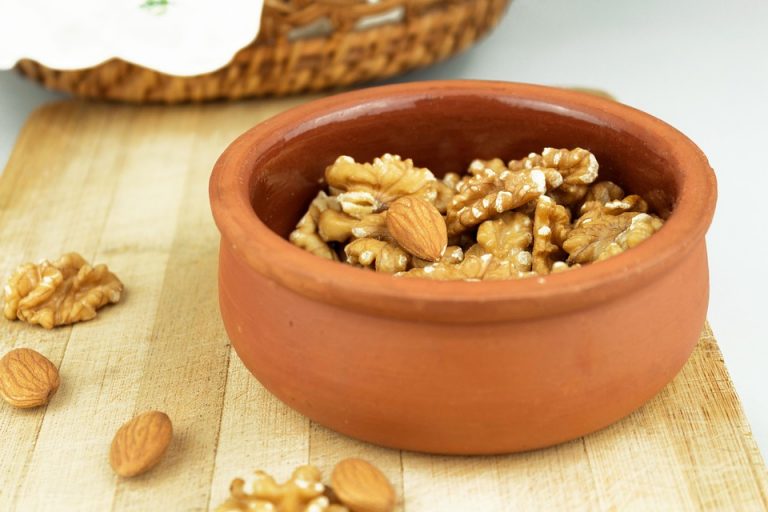Did you know that watermelon can be more than just a summer thirst quencher? While it’s often celebrated for its hydrating properties, this vibrant fruit also packs a punch when it comes to bone health. If you’re like me and love indulging in juicy slices on hot days, you might be surprised to learn that watermelon can contribute to stronger bones. Let’s dive into five refreshing ways this delicious fruit can help boost your bone strength!
Contents
1. Hydration and Bone Health
Watermelon is made up of about 92% water, making it one of the most hydrating fruits out there. But hydration isn’t just about quenching your thirst; it plays a vital role in maintaining bone health.
Why Hydration Matters
Bones are living tissues that require a proper balance of fluids to function optimally. Dehydration can lead to a host of problems, including decreased bone density. A study published in the Journal of Bone and Mineral Research found that adequate hydration helps maintain bone density, especially in older adults (Khan et al., 2016). So, when you munch on watermelon, you’re not just enjoying a sweet treat; you’re also providing your bones with essential hydration.
Practical Tip
Consider making a refreshing watermelon smoothie! Blend watermelon with some Greek yogurt and a splash of coconut water for a hydrating, bone-friendly drink.
2. Rich Source of Vitamins and Minerals
Watermelon is loaded with essential vitamins and minerals that are crucial for bone health. Notably, it contains vitamin C, which plays a significant role in collagen formation, a protein that helps maintain bone structure.
The Vitamin C Connection
Research has shown that vitamin C deficiency can lead to decreased bone density and an increased risk of fractures (García-Esquinas et al., 2017). By incorporating watermelon into your diet, you’re not only enjoying its refreshing taste but also boosting your vitamin C intake, which can contribute to stronger bones.
A Quick Recipe
Try a watermelon salad sprinkled with feta cheese and mint. The combination not only tastes great but also packs a nutritional punch!
3. Antioxidant Powerhouse
Watermelon is rich in antioxidants, particularly lycopene, which has been linked to various health benefits, including improved bone health. Antioxidants help combat oxidative stress, which can lead to bone loss.
The Science Behind Antioxidants
A study in the American Journal of Clinical Nutrition found that higher antioxidant levels in the body are associated with improved bone density (Bristow et al., 2018). Lycopene, found abundantly in watermelon, has been shown to have protective effects against bone loss.
Fun Fact
Did you know that the redder the watermelon, the higher the lycopene content? So, when selecting your watermelon, go for the deep red ones for maximum benefits!
4. Low-Calorie Snack with Bone-Boosting Benefits
For those of us who are health-conscious, watermelon is a fantastic low-calorie snack option. It’s perfect for satisfying your sweet tooth without the guilt. But how does this relate to bone health?
The Role of Weight Management
Maintaining a healthy weight is crucial for bone health. Excess weight can put additional stress on your bones, which may lead to issues like osteoporosis. Watermelon can be a great addition to a weight management plan. Its high water content helps you feel full, reducing the chances of overeating.
Meal Ideas
Incorporate watermelon into your meals—think watermelon and spinach salad or grilled watermelon slices topped with a bit of balsamic glaze. Not only are these dishes delicious, but they also support your bone health while keeping calories in check.
5. Mineral Content for Bone Density
While watermelon isn’t necessarily a powerhouse of minerals, it does contain small amounts of potassium and magnesium, both of which are essential for maintaining bone density.
The Importance of Potassium and Magnesium
Potassium helps neutralize bone-depleting acids, and magnesium is critical for converting vitamin D into its active form, which is essential for calcium absorption (Meyer et al., 2020). So, while watermelon might not be your primary source of these minerals, every little bit helps!
Snack Suggestions
Pair watermelon with almonds or a sprinkle of pumpkin seeds for a snack that not only tastes great but also enhances your intake of these essential minerals.
FAQs
1. Can watermelon alone improve bone health?
While watermelon provides several benefits, it should be part of a balanced diet rich in various nutrients. Bone health relies on multiple factors, including calcium, vitamin D, and regular exercise.
2. How much watermelon should I eat for bone health?
Incorporating a couple of servings of watermelon per week can be beneficial. Aim for variety in your fruit intake to maximize health benefits.
3. Are there any side effects of eating too much watermelon?
Eating excessive amounts of watermelon can lead to digestive issues due to its high fiber and water content. Moderation is key!
4. Can watermelon replace my calcium intake?
No, watermelon is not a significant source of calcium. It’s important to include other calcium-rich foods in your diet, like dairy products, leafy greens, and fortified foods.
Conclusion
Watermelon is more than just a summertime treat; it can play a significant role in promoting bone health. From its hydration benefits to its vitamin C and antioxidant content, this fruit offers a refreshing way to support your bones. So next time you slice into a watermelon, remember that you’re not just indulging in a delicious snack; you’re also taking a step toward stronger bones.
Research is ongoing in the field of nutrition, and while the benefits of watermelon for bone health are promising, it’s essential to consider it as part of a broader, balanced diet. So, go ahead and enjoy that juicy slice—your bones will thank you!
This article is for educational purposes only and is not a substitute for professional medical advice. Always consult a qualified healthcare provider before making changes to your health routine.
References
-
Bristow, S. M., et al. (2018). “Antioxidants and bone health: A review.” American Journal of Clinical Nutrition. https://academic.oup.com/ajcn/article/108/6/1339/5033102
-
García-Esquinas, E., et al. (2017). “Vitamin C and bone health: A systematic review and meta-analysis.” Nutrients. https://www.mdpi.com/2072-6643/9/12/1304
-
Khan, K. M., et al. (2016). “Hydration and bone health: A review.” Journal of Bone and Mineral Research. https://asbmr.onlinelibrary.wiley.com/doi/full/10.1002/jbmr.2885
-
Meyer, H. E., et al. (2020). “Magnesium and calcium intake and risk of fractures.” Osteoporosis International. https://link.springer.com/article/10.1007/s00198-020-05398-1
Get Your FREE Natural Health Guide!
Subscribe now and receive our exclusive ebook packed with natural health tips, practical wellness advice, and easy lifestyle changes, delivered straight to your inbox.




